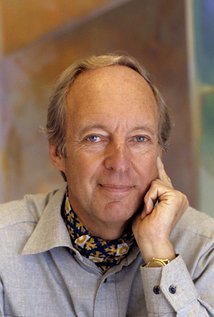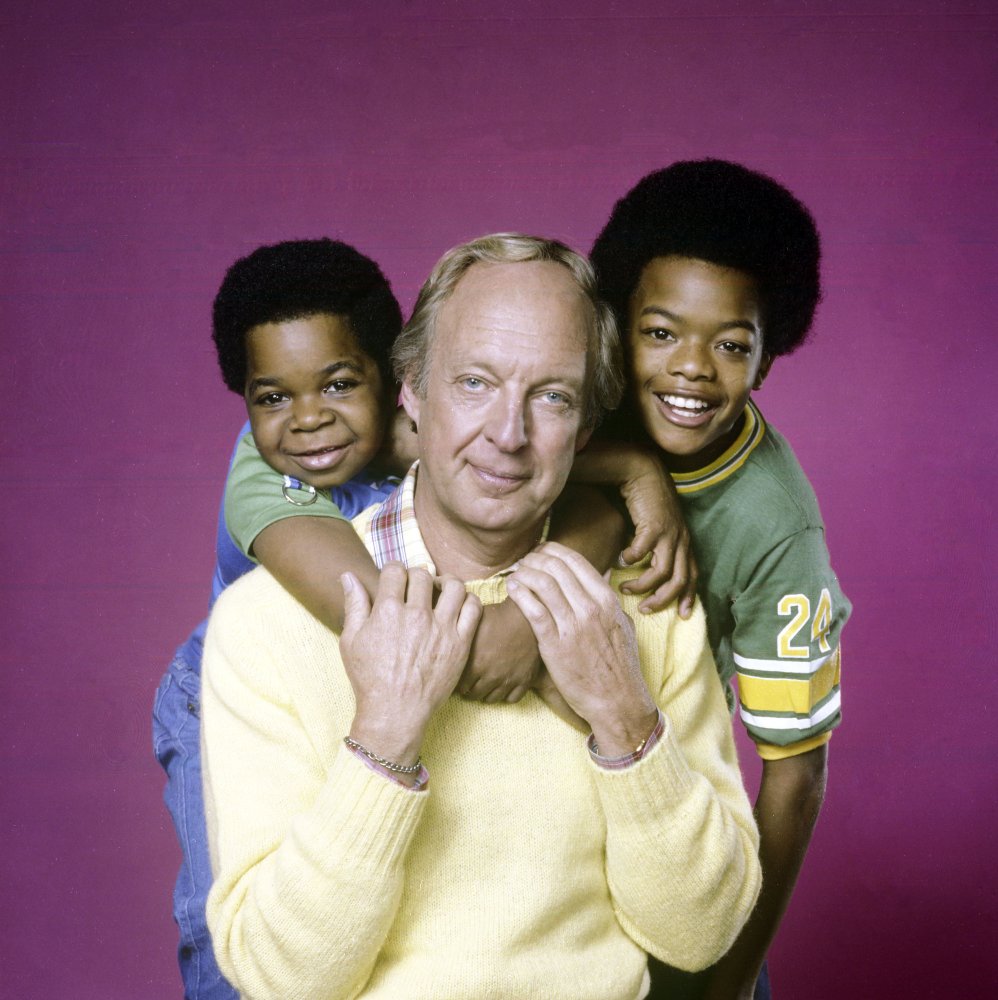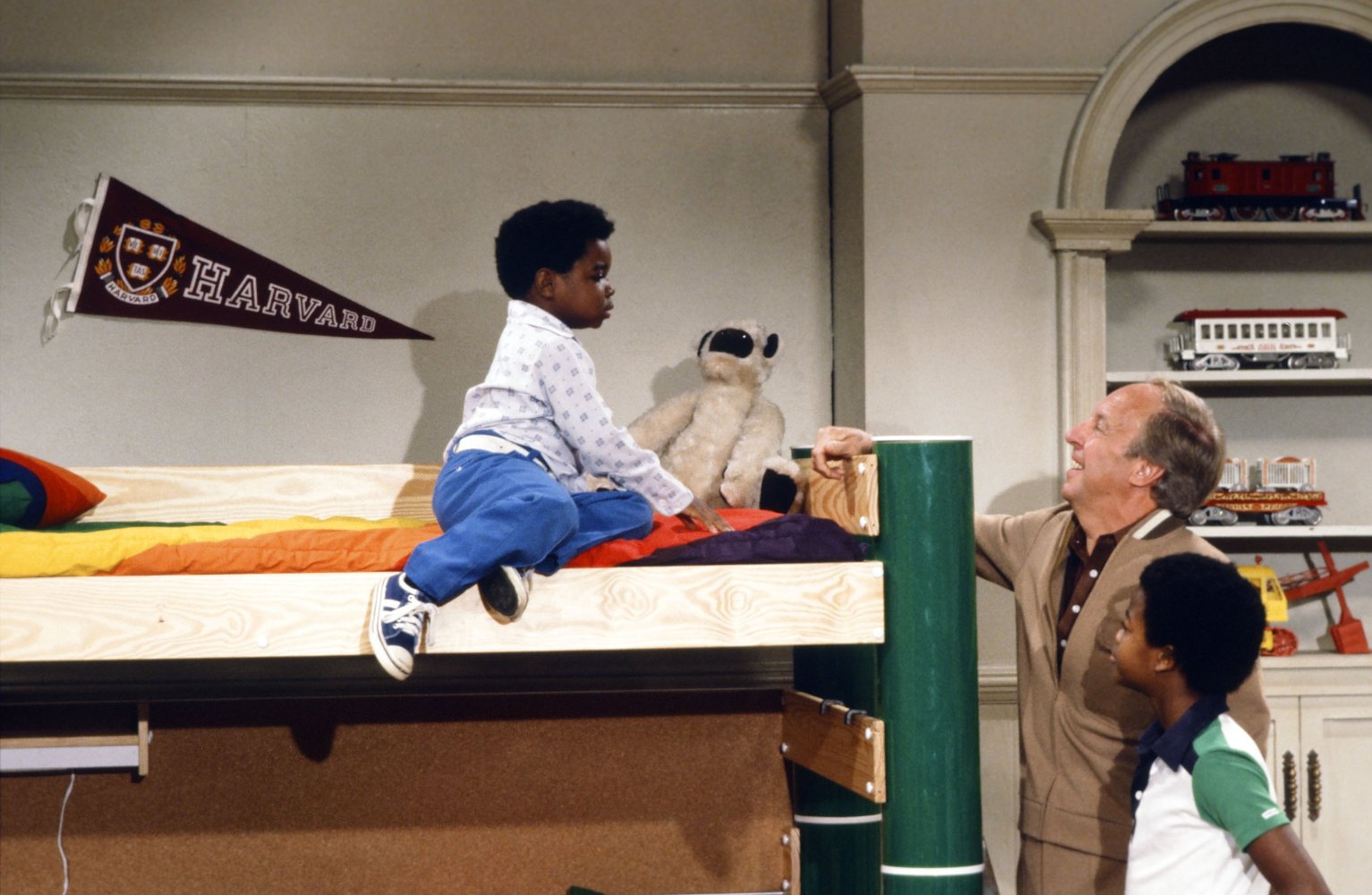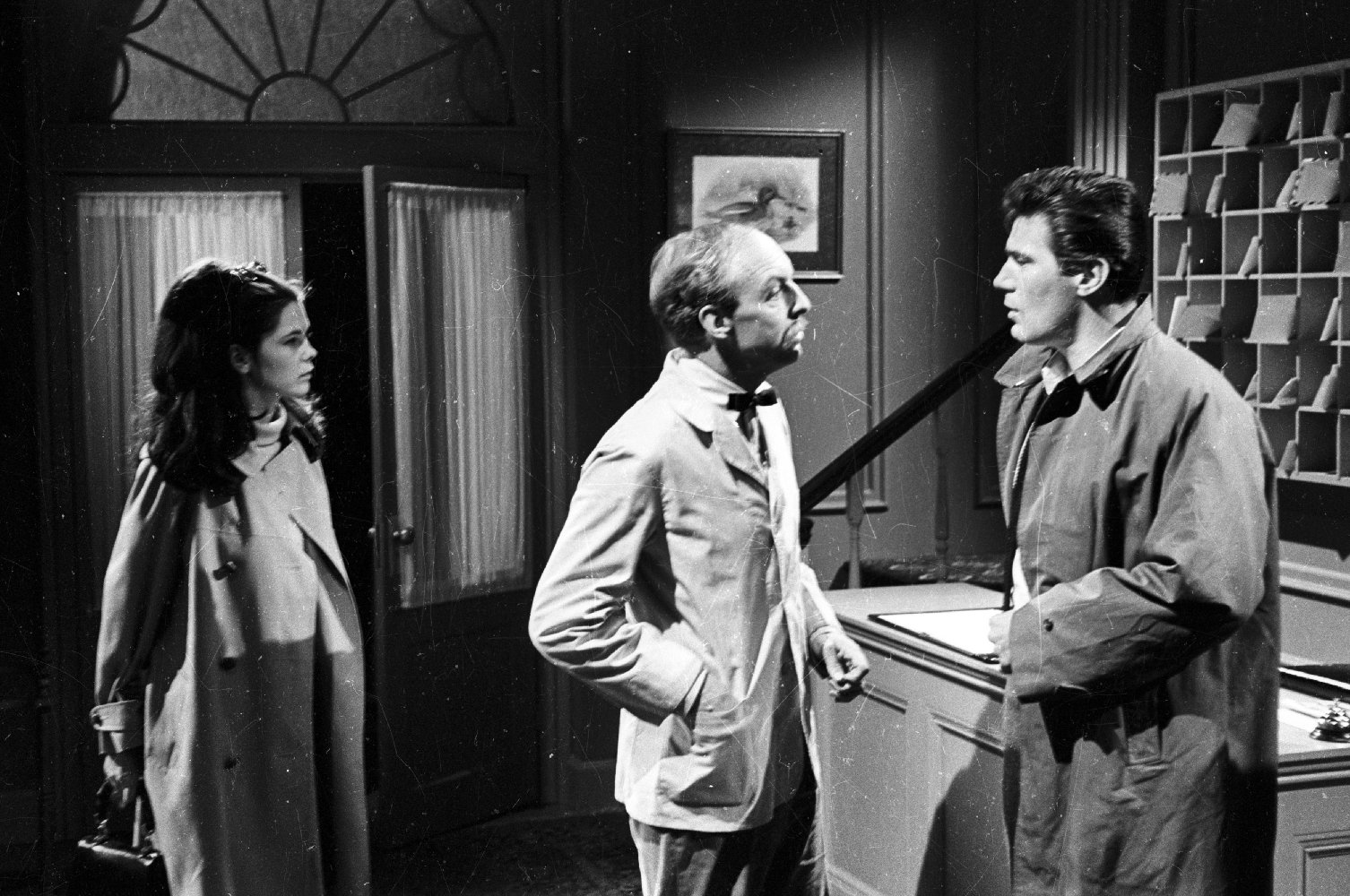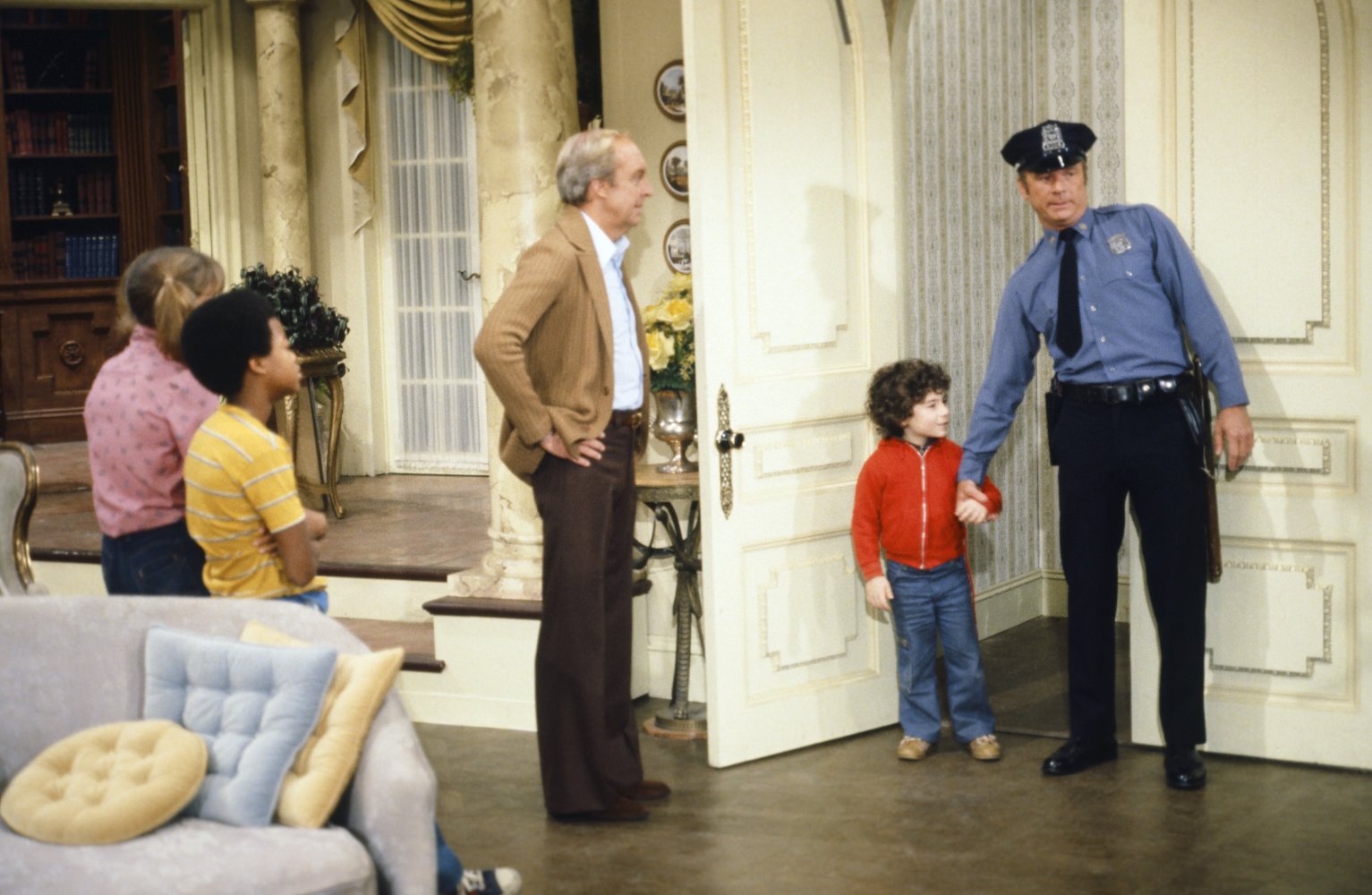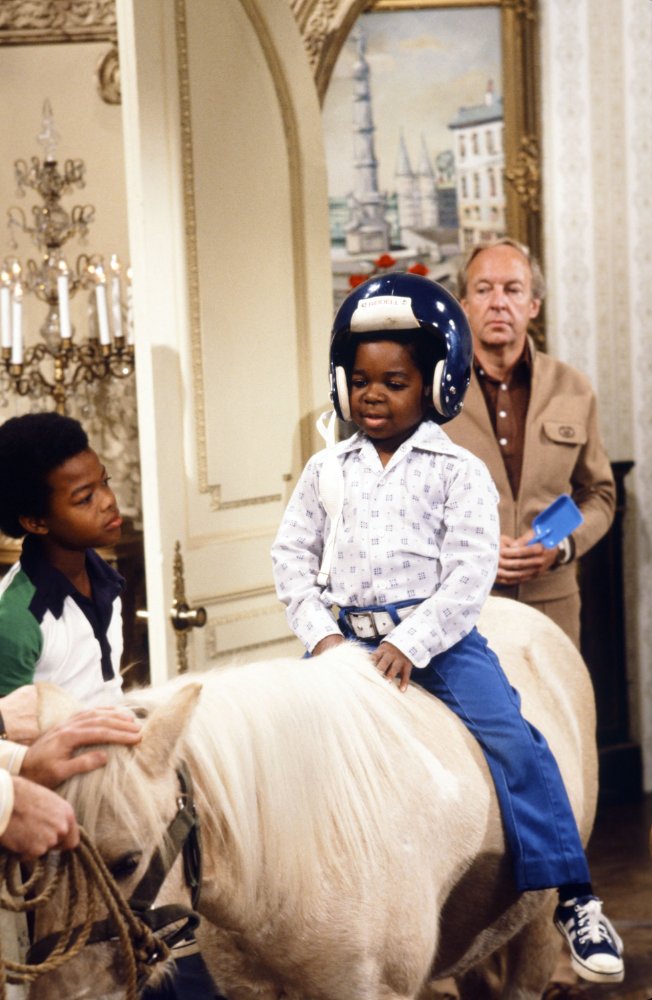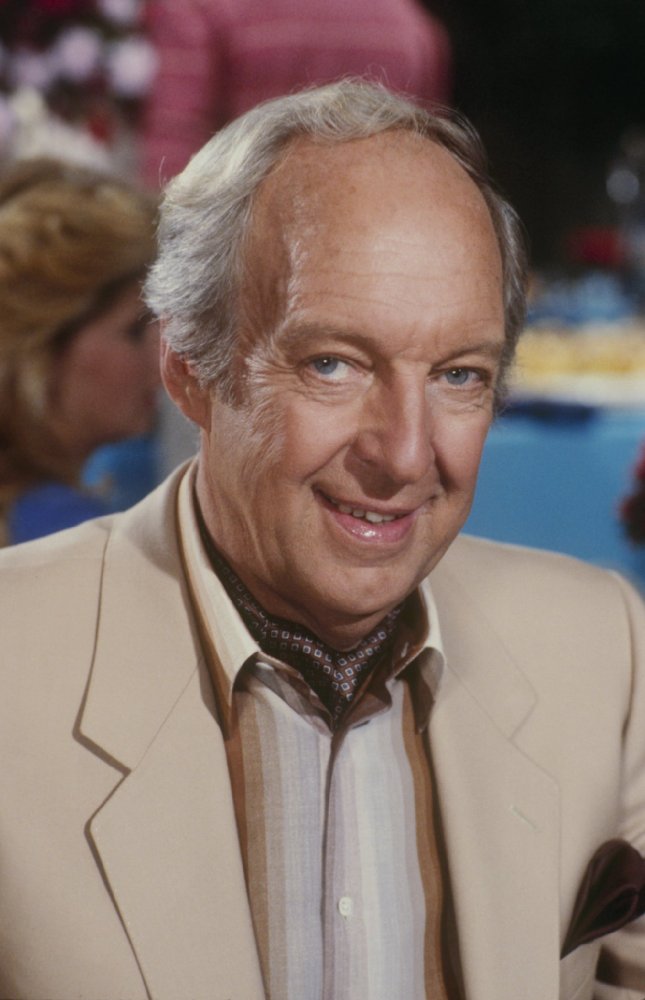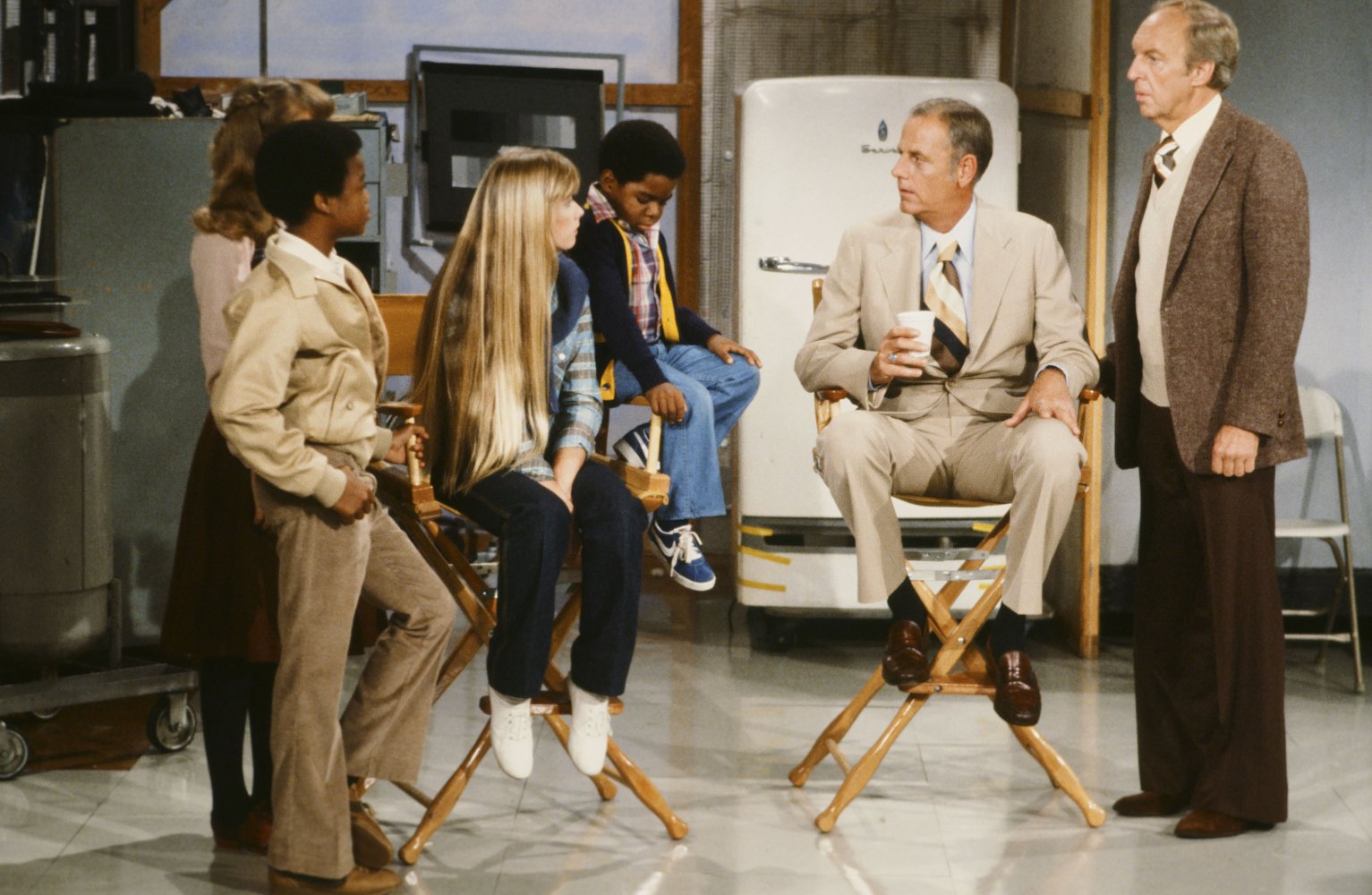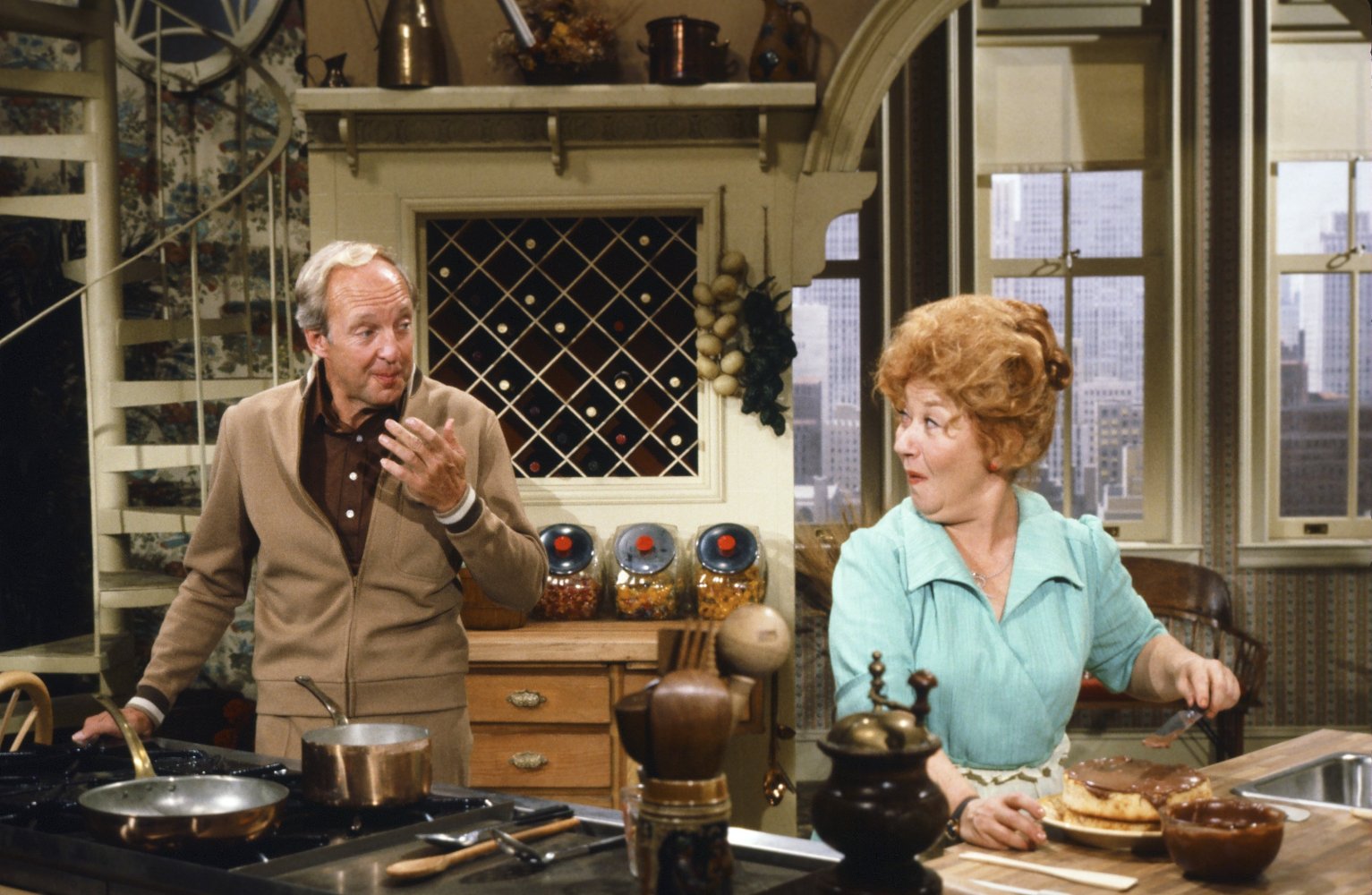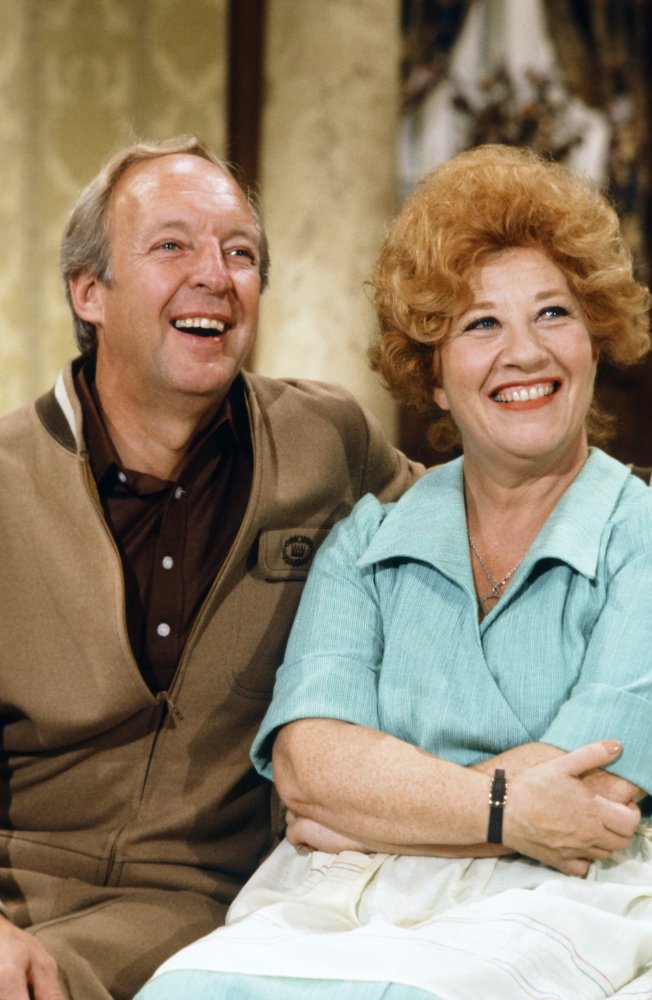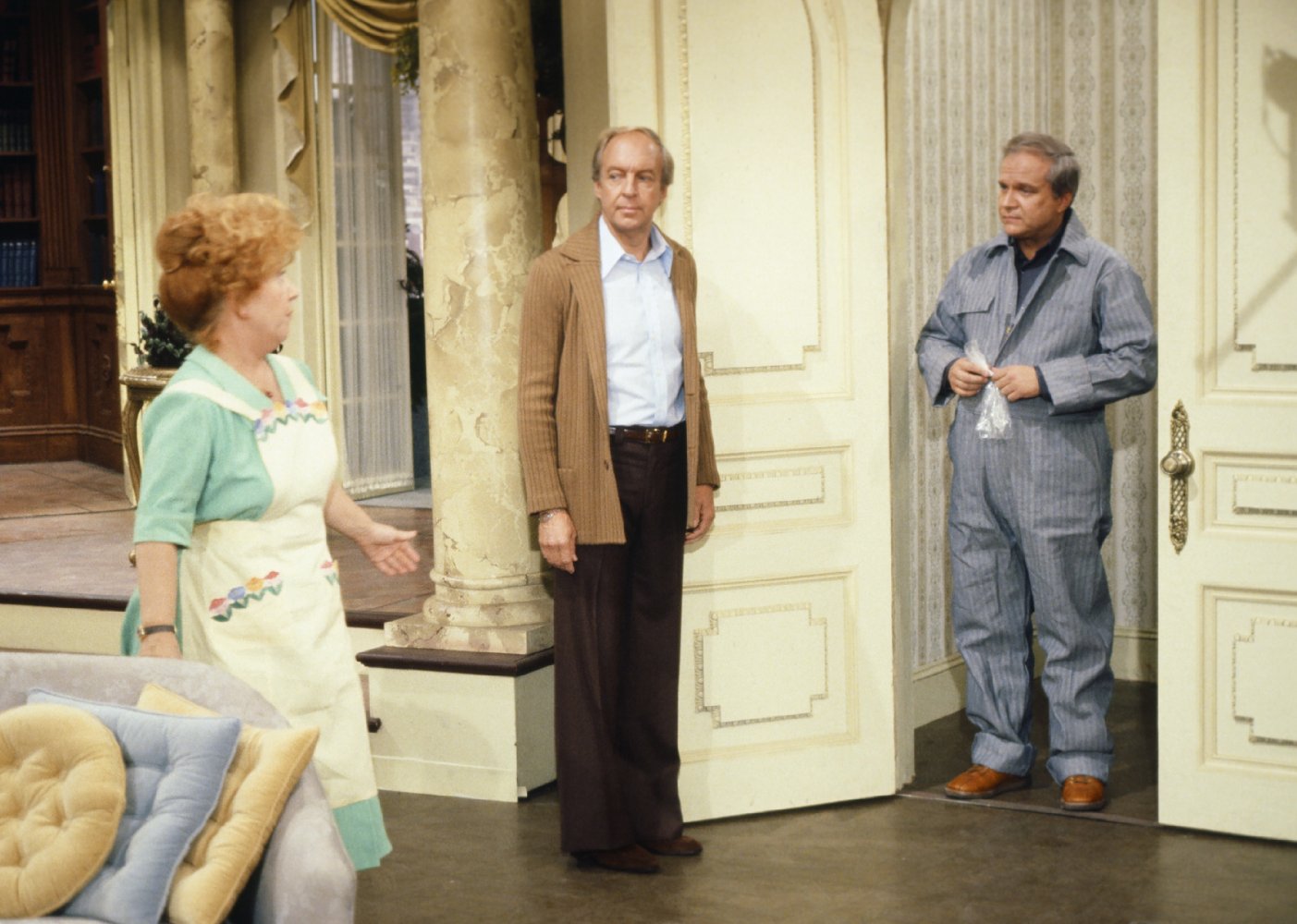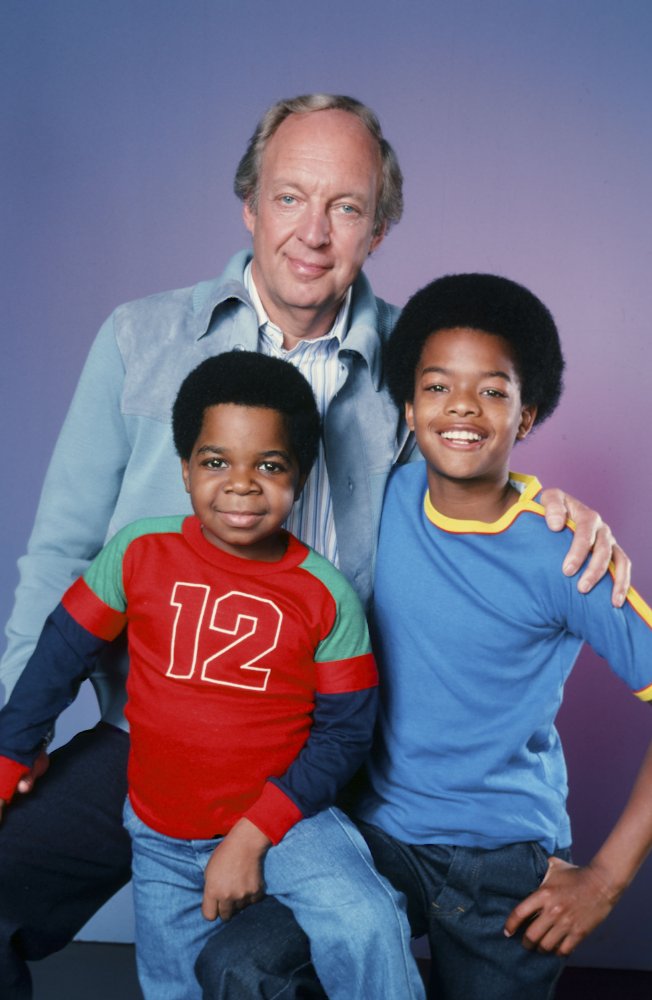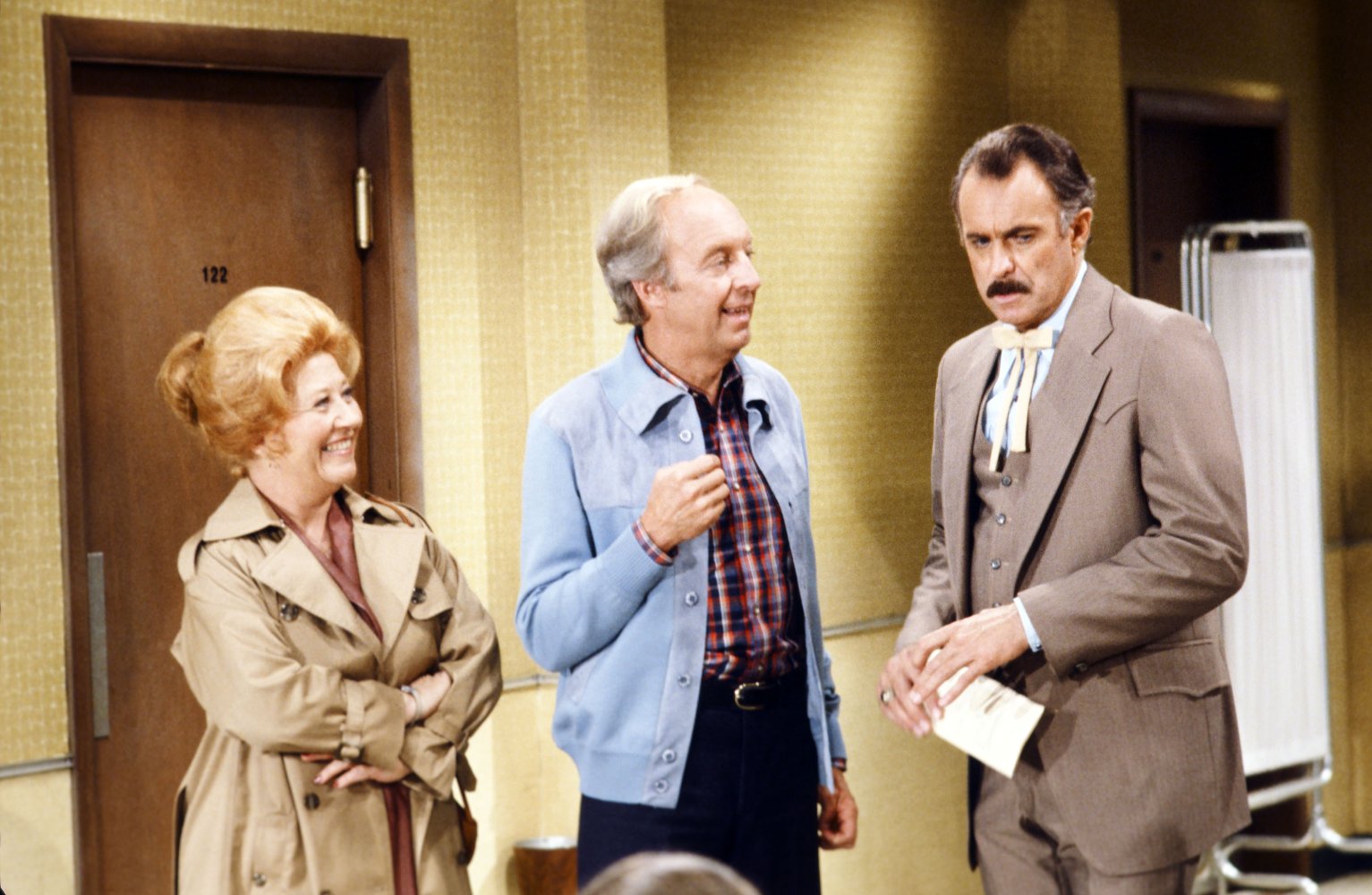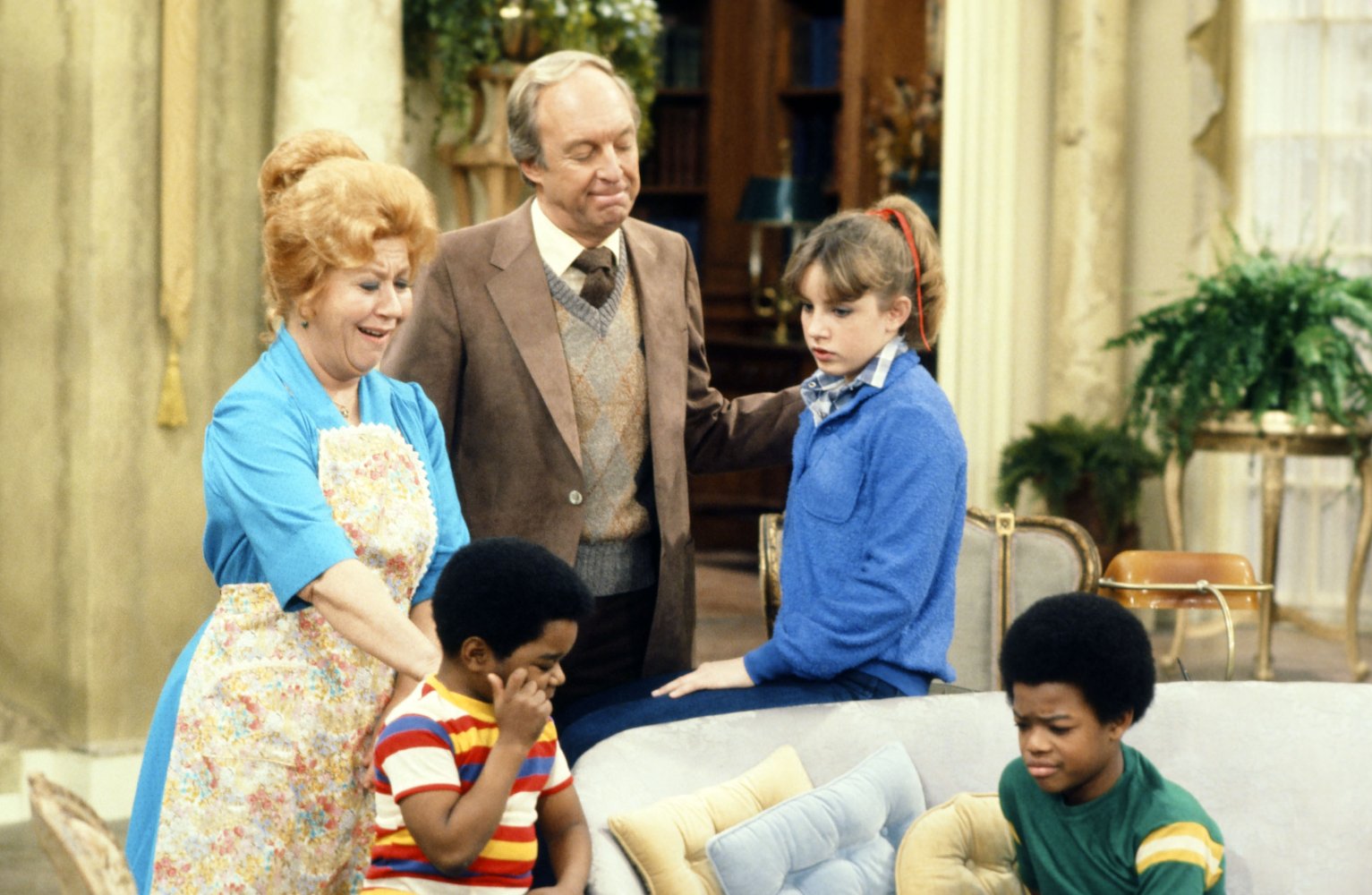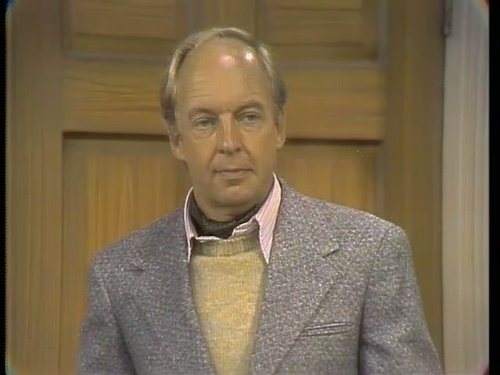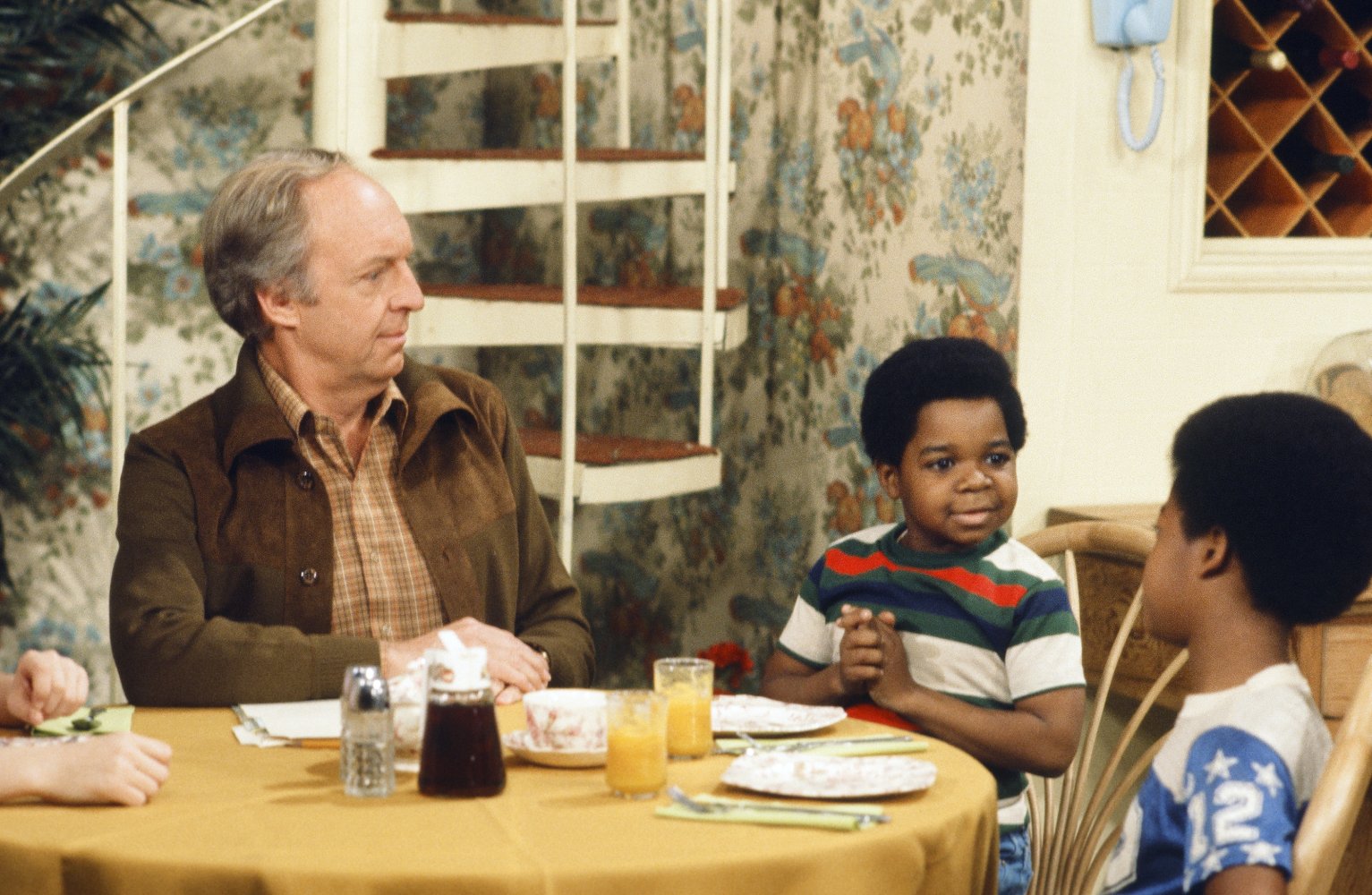Usually sized up as an erudite gent, advice-spouting father or uptight, pompous neighbor, the acting talents of Conrad Bain were best utilized on stage and on TV. Born in Lethbridge, Alberta, on February 4, 1923, Conrad Stafford Bain was a twin son (the other was named Bonar) born to Stafford Harrison Bain, a wholesaler, and Jean Agnes (née Young)...
Show more »
Usually sized up as an erudite gent, advice-spouting father or uptight, pompous neighbor, the acting talents of Conrad Bain were best utilized on stage and on TV. Born in Lethbridge, Alberta, on February 4, 1923, Conrad Stafford Bain was a twin son (the other was named Bonar) born to Stafford Harrison Bain, a wholesaler, and Jean Agnes (née Young). He enjoyed Canadian sports growing up (ice hockey, speed skating), but picked up an interest in acting while in high school.Electing to train at Alberta's Banff School of Fine Arts after graduating, he met Monica Marjorie Sloan, an artist, while there. His acting pursuit was interrupted by WWII when he subsequently joined the Canadian army. Picking up here he left off following his discharge, he studied at New York's American Academy of Dramatic Arts. He also married Ms. Sloan in 1945 and became a naturalized U.S. citizen the following year. The couple went on to have three children -- Jennifer, Mark and Kent.Making his stage debut in a Connecticut production of "Dear Ruth" in 1947, Bain also appeared in "Jack and the Beanstalk" and a tour of "The Barretts of Wimpole Street" before making his off-Broadway debut in a 1956 Circle-in-the-Square revival of Eugene O'Neill's "The Iceman Cometh," a production that made a star out of Jason Robards. Following an inauspicious Broadway bow in "Sixth Finger in a Five Finger Glove", which closed after only one day, he joined the Stratford (Ontario) Shakespeare Festival for their 1958 season, appearing in "A Winter's Tale," "Much Ado About Nothing" and "Henry IV, Part I."Fair in complexion and exceedingly genial in demeanor, the wry and witty blond actor graduated into other Broadway work, particularly drama, with strong roles in "Candide," "Advise and Consent," "An Enemy of the People," "Twigs" and "Uncle Vanya." He also built up his regional and repertory credits during the early 1960s with parts in "King Lear," "The Firebugs," "Death of a Salesman" and "The Shadow of Heroes" at Seattle Rep. Later in the decade he began to focus more intently on TV, usually playing cerebral, white-collar types (district attorneys, stock brokers, doctors, politicos).Bain eventually found an "in" with daytime drama, which included a recurring role on Dark Shadows (1966) (as an innkeeper), and a part on The Edge of Night (1956) in 1970. He broke completely away, however, from his trademark dramatics when the 49-year-old actor was "discovered" for prime-time TV by Norman Lear and offered a supporting role opposite Bea Arthur and Bill Macy in Norman Lear's landmark, liberally-sliced comedy series Maude (1972), a spin-off of Lear's equally landmark All in the Family (1971) sitcom. Conrad was cast as Rue McClanahan's stuffy, conservative doctor/husband, Arthur Harmon, who usually was at political odds with free-wheeling feminist Maude Finlay.The role moved Bain into the prime TV comedy character ranks. Following the show's lengthy run (1972-1978), he was given the green light by Lear to move into his own comedy series with Diff'rent Strokes (1978) as the wealthy father of a girl and adoptive father of two African-American children. While young Gary Coleman, the compact, precocious, mouthy dynamo, may have stolen the show, the good-humored Bain remained a strong center and voice of reason until the show's demise in 1986. Three was not a charm when Bain went into a third new comedy series, Mr. President (1987), with Conrad as a loyal aide-de-camp to "President" George C. Scott. The show, created not by Lear but by Johnny Carson, lasted only 24 episodes.During and after his lengthy 70s and 80s TV success, Conrad would continue to return to his first love, the stage, in such productions as "Uncle Vanya," "The Owl and the Pussycat," "On Golden Pond," "The Dining Room" and "On Borrowed Time", the last being a 1992 return to Broadway after nearly two decades. Films, on the other hand, were a non-issue at this point. Earlier minor turns included Clint Eastwood's Coogan's Bluff (1968), Gene Hackman's I Never Sang for My Father (1970), Woody Allen's Bananas (1971), Sean Connery's The Anderson Tapes (1971) and Barbra Streisand's Up the Sandbox (1972). His last stop in films was an engaging part as a befuddled grandpa opposite the perennially crusty Mary Wickes in Postcards from the Edge (1990) starring Meryl Streep and Shirley MacLaine. One of Bain's last on-camera appearances was recreating his Phillip Drummond role from Diff'rent Strokes (1978) on a 1996 episode of "The Fresh Prince of Bel-Air".Other than a stage role in "Ancestral Voices" in 2000, Conrad turned for a time to screen-writing but later comfortably retired to the Brentwood area of Los Angeles. Moving to a Livermore California retirement home in 2008, wife Monica died a year later. Bain passed away there quietly of natural causes on January 14, 2013, less than a month short of his 90th birthday. His twin brother Bonar died in 2005.
Show less «

